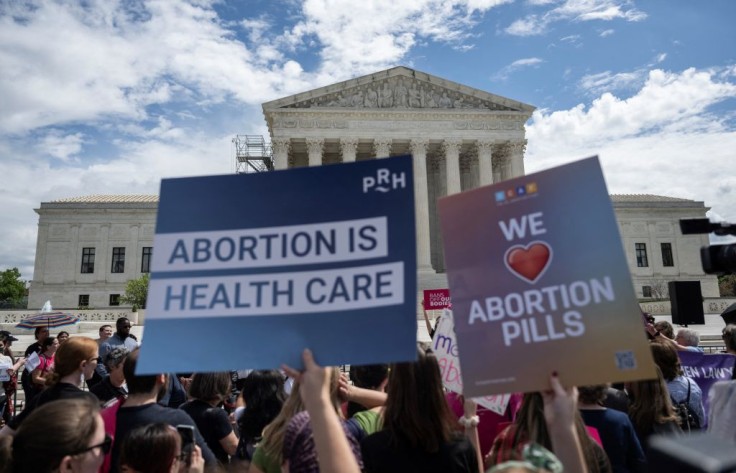
The Supreme Court approves Idaho's controversial abortion law. Public officials in Idaho filed an emergency request in court in order to speed up abortion laws that penalize medical practitioners.
The Supreme Court allowed Idaho to implement more stringent laws and regulations against abortion. The law, called the Defense of Life Act, therefore went into effect when the Supreme Court in 2022 rolled back the ruling that guaranteed a constitutional right to abortion.
Idaho's Controversial Abortion Law: The Defense Life Act
This latest ruling of the Supreme Court marks another significant decision that changes the medical landscape for women's reproductive rights in Idaho.
This decision temporarily sets aside a federal judge's previous ruling that Idaho's law conflicted with federal regulations, specifically the Emergency Medical Treatment and Labor Act (EMTALA), which mandates emergency medical care for all, including pregnant women in critical conditions.
Idaho's controversial abortion law, officially known as the Defense of Life Act, imposes stringent restrictions on performing abortions that borderline the total abortion ban in the state. These restrictions also mean making medical professionals liable for performing abortions even in cases of life-threatening medical complications in women.
This law also means that healthcare professionals can lose their license, pay criminal penalties, and possibly get imprisoned for five years if they have been proven to be helping with an abortion.
Additionally, this law stands in stark contrast to federal legislation under EMTALA, which ensures that patients, irrespective of their condition, receive necessary emergency medical treatment.
Furthermore, Idaho's stringent abortion laws are yet another implication that the courts and public officials nationwide are able to make due to the reversal of Roe v. Wade in 2022. This ruling comes ahead of scheduled oral arguments in April, with a final decision expected by the end of June.
Read Also: Post-Pandemic Student Loan Repayment: Borrowers Face Unexpected Hurdles Over Servicer Lapses
Future Implications in Abortion
In the legal battle initiated by the federal government against Idaho, the closeness of state and federal law emerged as a pivotal issue.
The Supreme Court's endorsement of Idaho's strict abortion ban has sparked a wave of strong responses throughout the United States.
President Joe Biden has openly criticized this decision and has urged Congress to tackle the overturning of Roe v. Wade that paved the way to a near-total abortion ban in some states. He added that the stringent medical laws against women in Idaho have pushed some doctors to move out of the state. Biden also called for laws that will protect Roe v. Wade from being overturned.
However, considering the current political landscape dominated by a majority of Republican officials, achieving this reversal may prove challenging.
The controversy surrounding Idaho's abortion law mirrors a wider trend in the United States, where an increasing number of states are imposing severe abortion restrictions, resulting in a varied legal landscape across the nation.
The Supreme Court's recent move to provisionally support Idaho's legislation introduces further complexity to this changing legal scenario, potentially setting a precedent that may shape future court decisions on comparable laws in other states.
As the nation awaits the Supreme Court's final ruling in June, the debate over reproductive rights continues to intensify, with the outcome likely to have far-reaching implications for both state and federal abortion legislation.